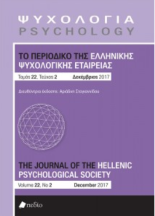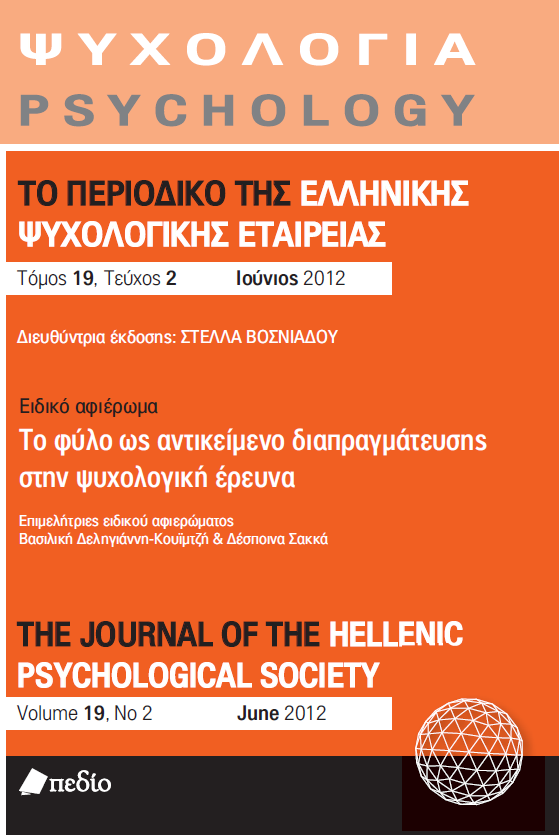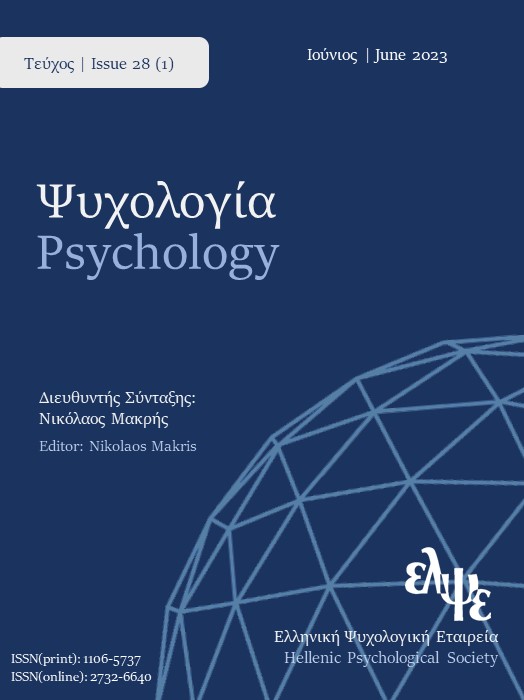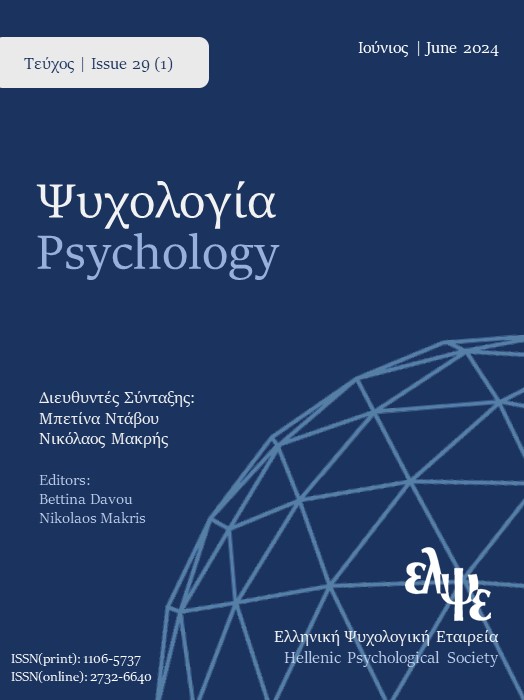Social constructions of ideology: Young people discuss about the political “crises” of the Greek state

Abstract
The study of political ideology constitutes an a priori central issue in social and political psychological research and literature that adopts a critical discursive approach has focused on the ideological functions of discourse, both everyday and institutional. While the connection of political ideology with everyday discourse is evident, however, the study of this notion as a distinct “rhetorical object” has been neglected. This study focuses on the use of the construct of “political ideology” in everyday discourse and on the exploration of the possible functions of its invocation. Considering the constantly changing political scene of the Greek state ideal for the study of this issue, six focus group discussions were conducted with youth of 18-30 years old, focused on the thematic
axes of financial “crisis”, the refugee issue and the rise of the far-right. Using the analytical tools of Critical Discursive Social Psychology and Rhetorical Psychology, analysis indicated that ideology is used by the
participants as a discursive resource in two basic argumentative contexts. In the first it is discussed in relation to political/voting behavior. In the second it is constructed as a reified notion and is represented “in theory”. Analytic findings are discussed in relation to their functions, as well as, to their implications for social change and agency.
Article Details
- How to Cite
-
Σουρβίνου Μ., & Φίγγου Λ. (2019). Social constructions of ideology: Young people discuss about the political “crises” of the Greek state. Psychology: The Journal of the Hellenic Psychological Society, 24(2), 15–35. https://doi.org/10.12681/psy_hps.24915
- Issue
- Vol. 24 No. 2 (2019)
- Section
- SPECIAL SECTION

This work is licensed under a Creative Commons Attribution-ShareAlike 4.0 International License.
The journal PSYCHOLOGY adopts a Platinum open-access policy. Submission, processing or publication costs are waived by the Hellenic Psychological Society. Papers published in the journal PSYCHOLOGY are licensed under a 'Creative Commons Attribution-ShareAlike 4.0 International' licence. The authors reserve the copyright of their work and grant the journal the right of its first publication. Third-party licensees are allowed to use the published paper immediately after publication as they wish, provided they retain the defined by the license copyright formalities, regarding the reference to its author(s) and its initial publication in the journal PSYCHOLOGY. Moreover, any adjusted work should be shared under the same reuse rights, so with the same CC license.






